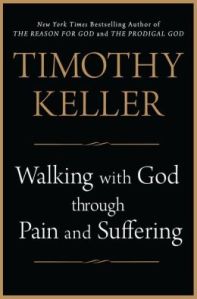HERE AND THERE IN THE New Testament we are suddenly given brief glimpses of arrays of Christian people. Romans 16 provides such a snapshot, and Colossians 4:7–18provides us with another. The men and women briefly introduced lived entire, complex, interlocked lives, of which we know almost nothing. But they are our brothers and sisters in Christ; they faced temptations, overcame challenges, discharged very different tasks, and played out their roles in diverse strata of society. The brief glimpses afforded here fire our imaginations; our fuller curiosity will be satisfied only in heaven.
A few comments may hint at some of the things that may be learned from the information Paul’s letter provides.
(1) Paul kept a team of people working with him. One of their roles was to travel back and forth between wherever Paul was and the churches for which he felt himself responsible. Combining Paul’s letters with Acts, it is often possible to plot some of their constant travels. Here, Paul sends Tychicus to the Colossians with explicit pastoral purposes (Col. 4:7–8).
(2) The “Mark” of Colossians 4:10 is almost certainly John Mark, and the author of the second Gospel. Here he is identified as a relative of Barnabas. This may account, in part, for the dispute between Barnabas and Paul as to whether Mark should be given a second chance after he withdrew from the first missionary expedition (Acts 13:5, 13; 15:37–40). Certainly by the end of Paul’s ministry, Mark had been restored in the apostle’s eyes (2 Tim. 4:11).
(3) Paul’s co-workers often included both Jews and Gentiles (Col. 4:11). It does not take much imagination to recognize the challenges and stresses, as well as the blessings and richness, that this arrangement entailed.
(4) Epaphras emerges as a formidable model. He is “always wrestling in prayer” for the Colossian believers. What he prays, above all, is that they “may stand firm in all the will of God, mature and fully assured” (Col. 4:12). How the church of Christ needs prayer warriors with similar focus today!
(5) The “Luke” mentioned in Colossians 4:14 is almost certainly the author of Luke and Acts, and a Gentile (since he is in the Gentile part of this list, Col. 4:11ff.). This makes him the only Gentile writer of a New Testament document. Demas is mentioned in the same breath, but he is probably the same one who ultimately deserts the mission and the Gospel (2 Tim. 4:10). Good beginnings do not guarantee good endings.
(6) Churches in the first century did not have their own buildings. Believers regularly met in the homes of their wealthier members. Nympha of Laodicea is one of the wealthy women of a wealthy city, and the church there met in her home (Col. 4:15).

